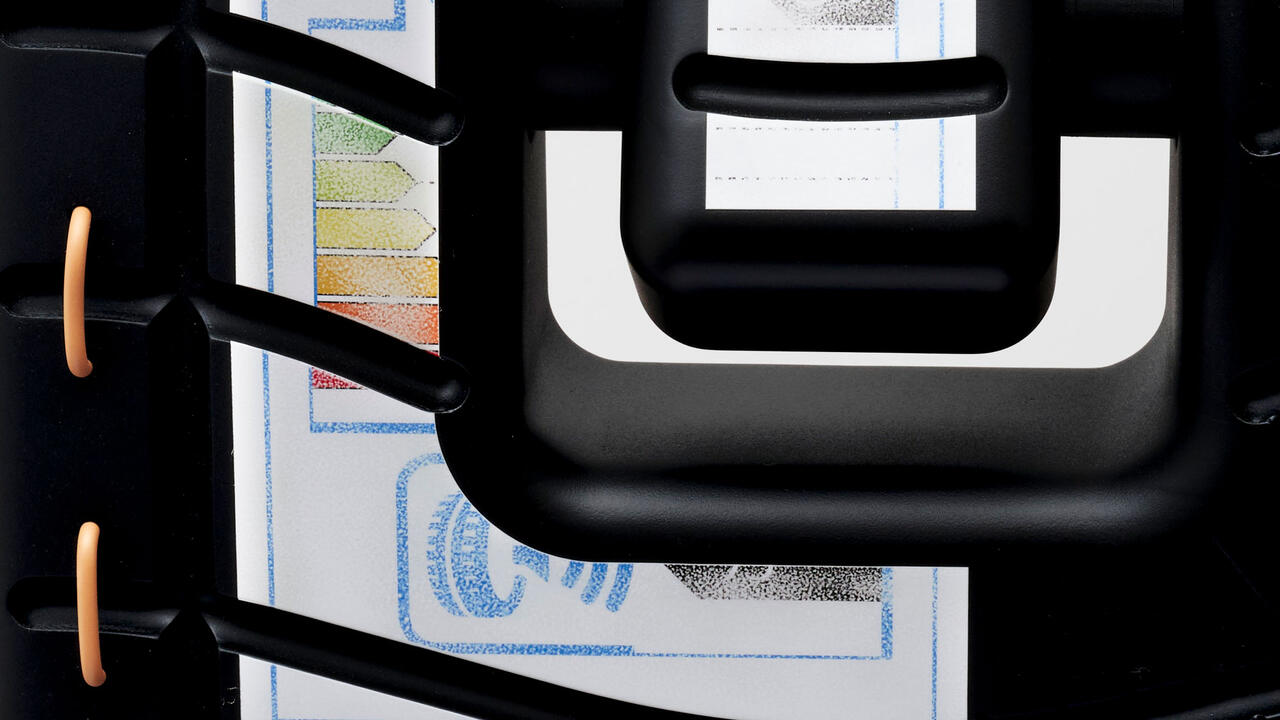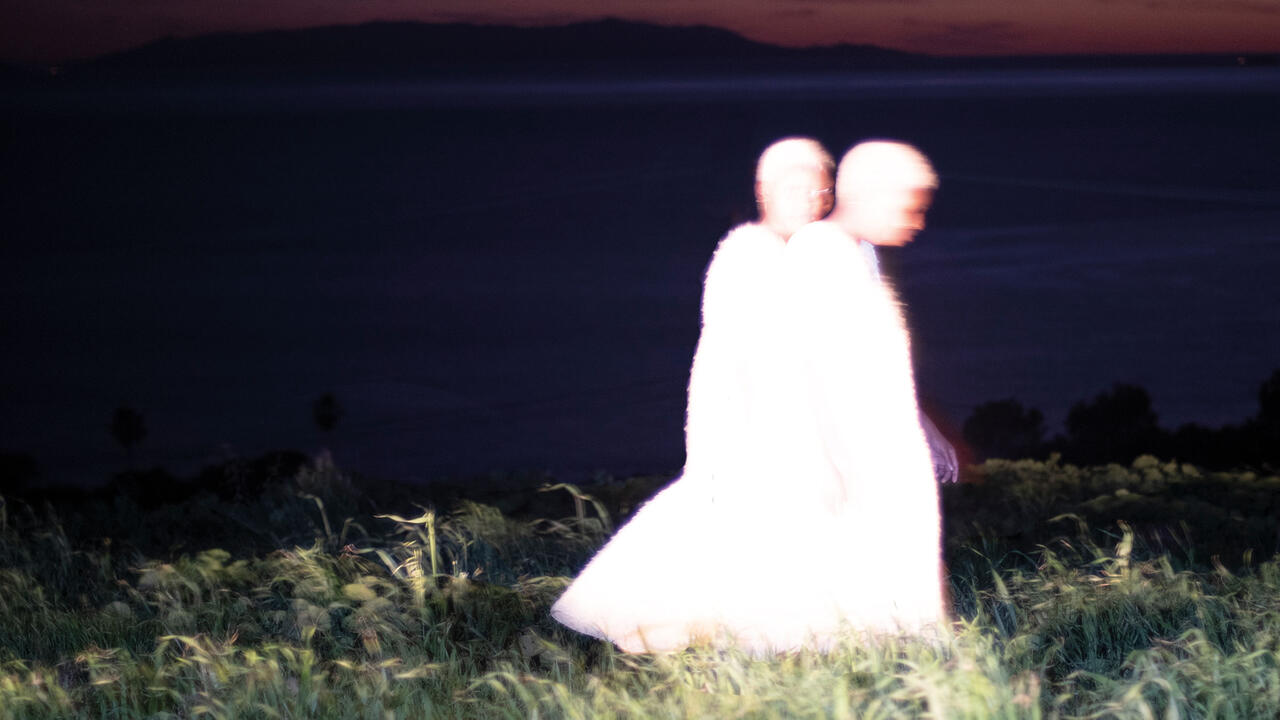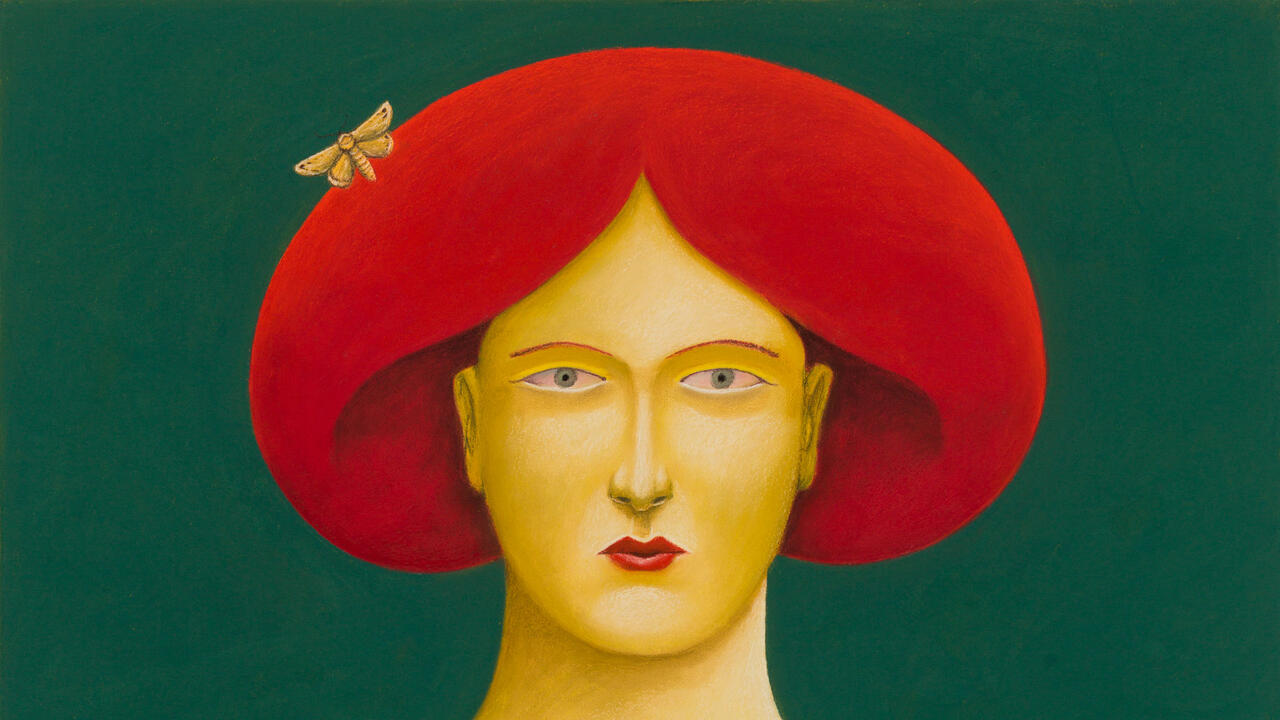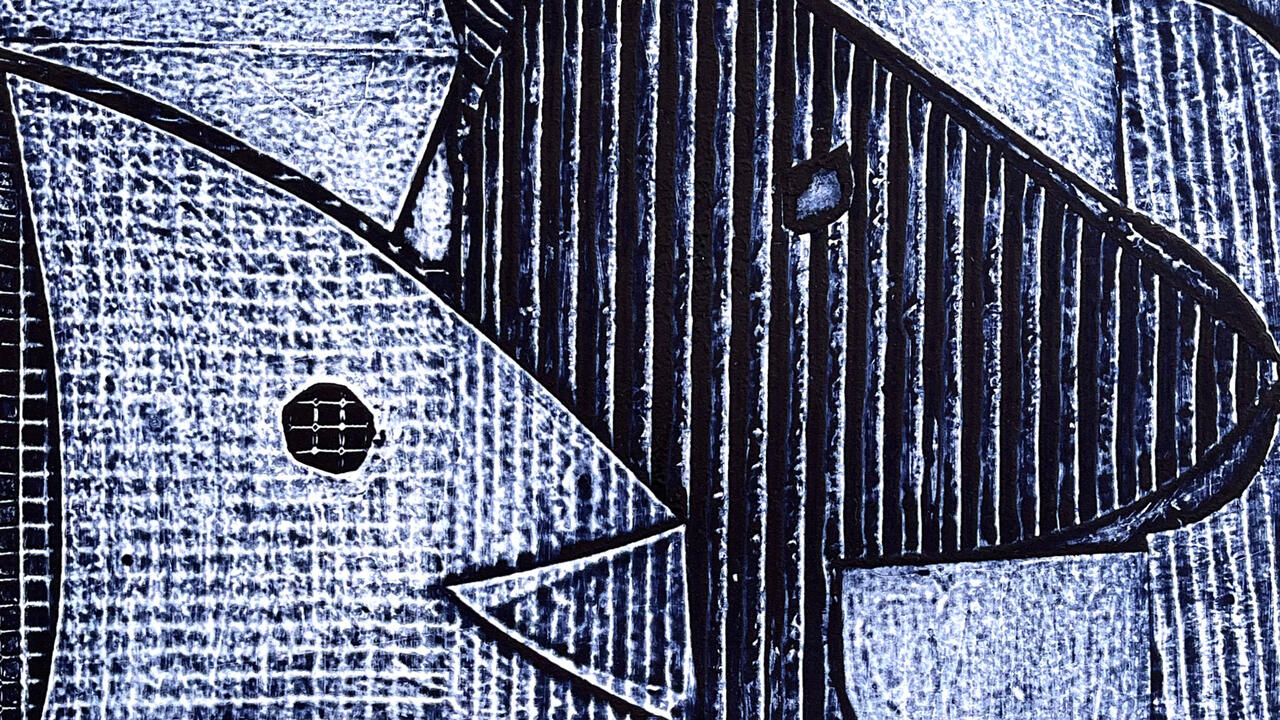The Truth Behind the ‘Death’ of the Political Rock Band
A new history of Gang of Four reminds us that radical politics in rock has always been marginalized by the mainstream
A new history of Gang of Four reminds us that radical politics in rock has always been marginalized by the mainstream

If someone asked you to think of politics and music today, the first thing to come to mind probably wouldn’t be a rock band. This week it might be US rapper Childish Gambino’s widely shared and discussed This is America video, in which Donald Glover shoots black children between bouts of dancing. In previous months, it might have been UK grime artist Stormzy’s prodigious impromptu verse about the Grenfell Tower blaze at the Brit Awards (‘Theresa May, where’s the money for Grenfell?’). And if someone asked you to narrow it down to political guitar music now, you might consider Russian punks Pussy Riot. But would you be thinking of their music? You’d be thinking of the news surrounding their actions – jailed by the Russian State for ‘hooliganism’, recently interrogated in Crimea – or the online activism in response to their treatment.
In a 2011 essay for n+1, Richard Beck posited that the music website Pitchfork’s inability to spot a ‘radical alternative’ to the likes of Animal Collective, Arcade Fire and Sufjan Stevens (‘a kind of music, in other words, that’s very good at avoiding uncomfortable conversations’) in the previous decade was evidence that political rock was in decline. ‘Pitchfork’s writers are nothing if not diligent,’ wrote Beck. ‘They had it pretty much covered.’ We may be living in an even more urgent political moment now, but because the rock band itself is less prominent in mass culture, we see rap stars like Kendrick Lamar flying the political flag instead, because they are known and more visible.

But the truth is that the political rock band was rarely ever that visible. The highest the Sex Pistols rose in the UK charts was number 4 with 1976’s ‘Anarchy in the UK’ (and that was quintessential pop: hook-laden, anthemic, slim in real political seriousness). Reading Jim Dooley’s new book Red Set: A History of Gang of Four (Repeater Books, 2018), is to see that even in the late 1970s, after the first flowering of punk – where mass political identity, political aesthetics and political content all found musical form – politics in rock was discouraged by the mainstream. TV channels didn’t want to show it. Radio tried to mute it. Even if the message was more intellectual than sloganistic, and stood very little chance of starting a revolution on the streets.

Gang of Four saw their whole sound as built around ‘Utopian’ or ‘socialist’ principles, where every instrument and player were sonic equals. The rhythm section wasn’t there to support or enable the melody line. The guitar was something between lead and rhythm, muting the natural aristocracy of the instrument: its brightness, its limelight-readiness. They drew on feminist texts for lyrics. And yet, even erudite supporters in the music press could find their dialectics intransigent, dry and humourless. They had Top of The Pops performances quashed and singles banned for mild references to condoms and irony about the military. People witnessing the band’s rise wouldn’t have had all this protest beamed into their homes. They would have received their outsider music by mail order. It’s wrong to think of today as musically poorer than a supposed golden age of zines, discourse in lyrics and rallies at gigs. Then, as now, people had to go find politically charged guitar music for themselves.

People going to gigs in south London around the time of the European referendum in 2016 might have been struck by a young band called Shame and their song ‘Visa Vulture’, a mixture of double entendre and puerile single entendre over sing-song, bright shoegaze indie: (‘Oh Theresa, baby/ We’ve been going for a while/ And I think I want more/ Than your sideways smile/ Theresa May, won’t you let me stay?/ Just one more day.’) Now they are one of the most talked about young bands in the country. Their debut album Songs of Praise (2018) is a mixture of up-to-date punk with cigarettes-and-glass vocals, more syncopated post-punk numbers with an angular Gang of Four edge, along with sleazy-bluesy psychedelia similar to the heralded south London band, Fat White Family.
The sound of Obama-era America, still years before the rise of the alt-right, and still caught up in the legacy of the Bush administration – had a different context to our political moment. Today we face a moment of ‘deeply depressing and violent politics’, ‘lack of choice’, ‘lack of employment opportunities’, ‘bleak futures for anyone young’. But these words are from Dooley’s book, describing the circumstances in which Gang of Four formed.

We are in an eerily similar political moment to the late ’70s. And, outside of the mainstream, that moment has caused a resurgence of DIY punk bands on forums such as London’s Loud Women promoting acts such as Charmpit and Big Joanie. LA-based FUCK U Pay Us are queer black feminist punks who have been plying their incantatory, hardcore-edged sound across America's galleries and underground scenes since 2016. London’s Dream Nails produce zines about starting your own feminist punk band and reproductive rights. Every aspect of their act is geared towards their message, whether that’s only playing venues that pay bands fairly and don’t discriminate against non-binary fans, or donating all their proceeds from singles ‘Vagina Police’ and ‘Fascism is Coming’ to the Abortion Support Network, which helps subsidize women made to travel from Ireland to England or Scotland for legal abortions.

Dream Nails’s lyrics, says singer Janey Starling, are a ‘wake up call to anyone who thinks they can stick their head in the sand right now.’ But there is also wit and joy, melodiousness, raucousness and guitar solos. (The hook from ‘Deep Heat’: ‘Nobody cares if you’re dick is on fire, nobody cares.’) Just as in the days when Gang of Four formed, the meeting of guitar music and radical politics happened away from the mainstream. It is still there for those searching for it. And now, as was the case in an idealized ‘back then’, you do actually have to look for it.
Main image: Shame. Photograph: Holly Whittaker












